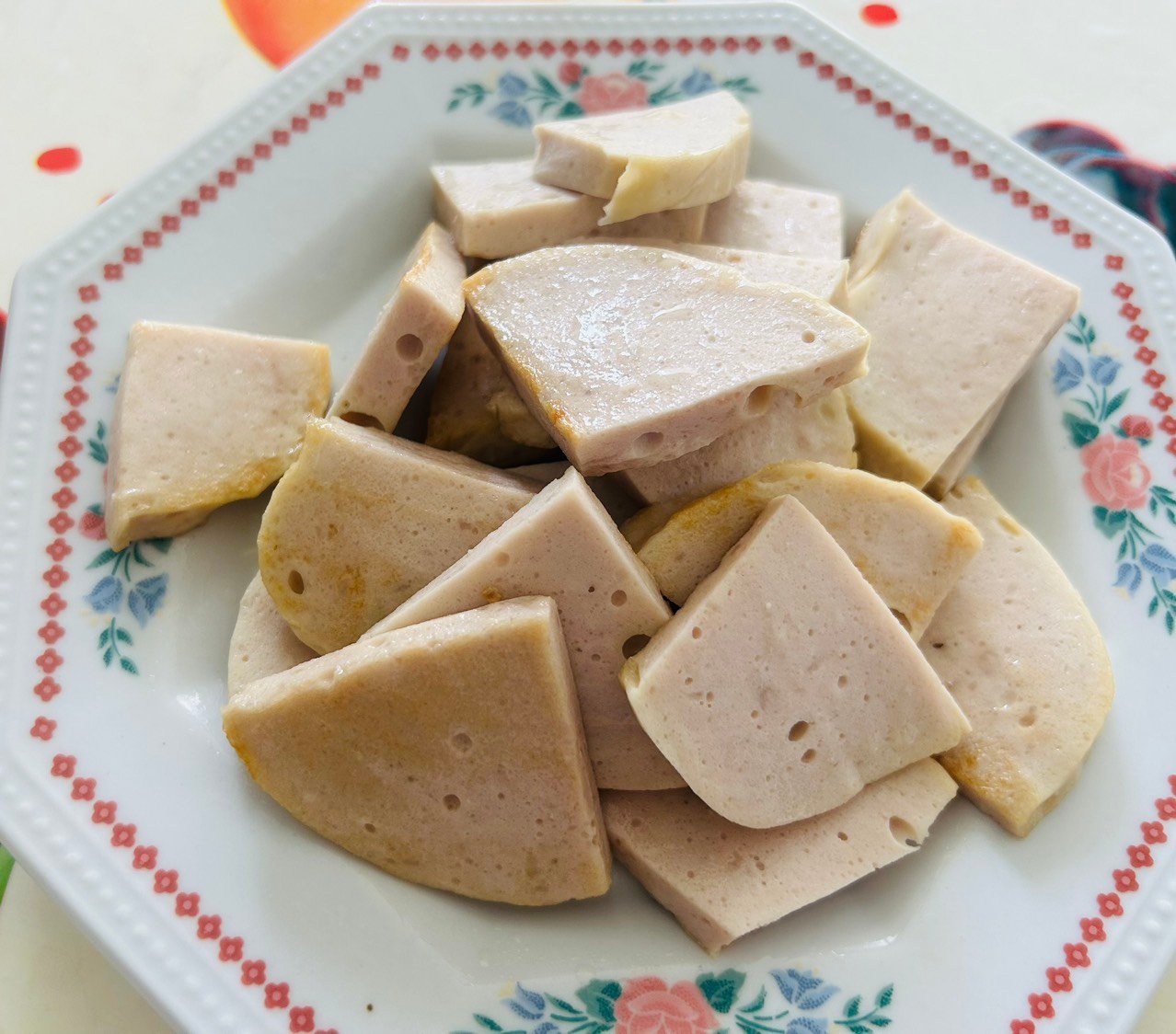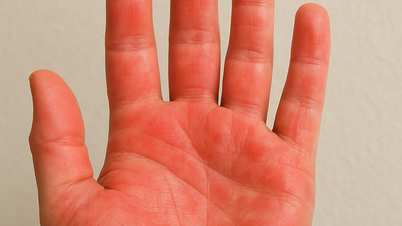According to the Department of Food Safety, Ministry of Health, in nature, spores of C.botulinum bacteria are common and have a high survival rate in soil and dust, found in garden soil, cemeteries, mud, fresh or composted animal manure, digestive tract of animals, poultry, fish...
The spores of this bacteria are abundant in soil and are highly resistant, withstanding temperatures of 100°C, so they must be heated at 120°C for 10 minutes to kill the spores.
Botulinum Poisoning Treatment Drugs Supported by WHO Have Arrived in Ho Chi Minh City
Dr. Ho Thanh Lich, Deputy Head of the Department of Intensive Care - Emergency, Nam Saigon International General Hospital, said: Most bacteria can be destroyed by normal boiling, but to destroy the spores of Clostridium botulinum, the required temperature treatment must be higher, at a sterilization temperature of about 121°C.
"Although the spores of this bacteria are quite difficult to destroy, the toxins produced by them are sensitive to temperature. Therefore, simply heating food to normal cooking temperatures of about 80°C for 30 minutes or boiling temperatures of 100°C for 10 minutes before eating can significantly reduce the risk of poisoning," said Dr. Lich.

Heating food significantly reduces the risk of botulinum poisoning.
Here are six food safety measures to avoid botulinum poisoning:
Ensure food safety : Make sure to wash and prepare food properly to prevent the growth of Clostridium botulinum bacteria.
Limit eating foods of unknown origin, unusual color or taste, unsafe canned foods, or foods that are not processed properly.
Temperature control : Ensure proper temperature when preparing and storing food. Clostridium botulinum bacteria can grow in moist environments and oxygen-poor air. Ensure high temperatures (above 80°C) when cooking food to destroy botulinum toxins.
Limit food storage in oxygen-poor environments : Botulinum toxin develops in oxygen-poor environments.
Therefore, limit food preservation in oxygen-deficient environments. Do not use canned products that are expired, swollen, flattened, deformed, or rusty.
Maintain personal hygiene : Wash hands thoroughly before preparing food and after contact with waste or any source of contamination.
Food inspection : If there is any doubt about the food, it should be inspected before consumption. If there is any abnormality in color, smell or taste, refuse to use it and report it to the local health authority. People should not seal the food themselves and keep it for a long time in non-frozen conditions.
With fermented foods, packaged or covered in the traditional way (such as pickles, bamboo shoots, pickled eggplants...), it is necessary to ensure that they are sour and salty. When the food is no longer sour, it should not be eaten.
Eat cooked food and drink boiled water . Prioritize eating newly prepared and cooked foods.
When people show symptoms of botulinum poisoning, they should immediately go to the nearest medical facility for timely diagnosis and treatment.
Why is botulinum toxin dangerous?
Source link


![[Photo] General Secretary To Lam concludes visit to Russia, departs for Belarus](https://vphoto.vietnam.vn/thumb/1200x675/vietnam/resource/IMAGE/2025/5/11/0acf1081a95e4b1d9886c67fdafd95ed)

![[Photo] General Secretary To Lam meets and expresses gratitude to Vietnam's Belarusian friends](https://vphoto.vietnam.vn/thumb/1200x675/vietnam/resource/IMAGE/2025/5/11/c515ee2054c54a87aa8a7cb520f2fa6e)

![[Photo] General Secretary To Lam arrives in Minsk, begins state visit to Belarus](https://vphoto.vietnam.vn/thumb/1200x675/vietnam/resource/IMAGE/2025/5/11/76602f587468437f8b5b7104495f444d)





























![[Photo] National Assembly Chairman Tran Thanh Man attends the Party Congress of the Committee for Culture and Social Affairs](https://vphoto.vietnam.vn/thumb/1200x675/vietnam/resource/IMAGE/2025/5/11/f5ed02beb9404bca998a08b34ef255a6)






























































Comment (0)